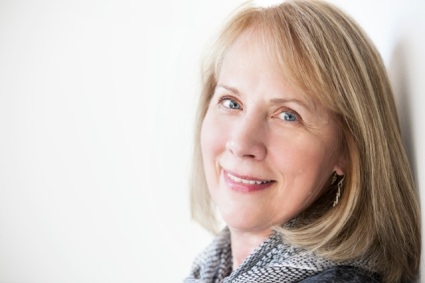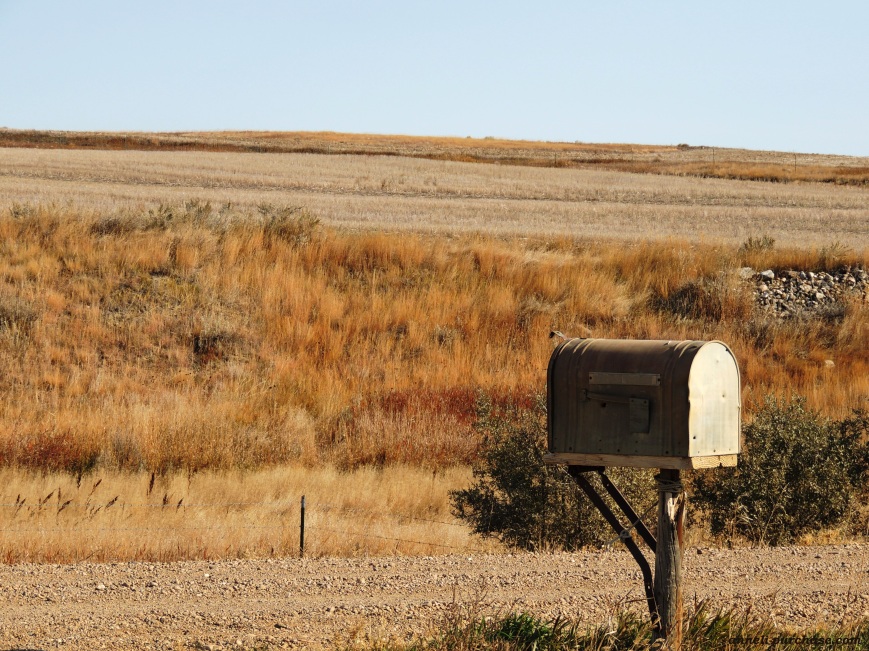My guest today is Joanna Gawn, to tell us about herself and her writing partner Ron Dickerson.

What happens when a series of synchronicities introduces a wannabe novelist to ‘subtle energies’ and a re-emergence of her highly sensitive self?
What happens when she meets a man whom she feels she’s known for decades (or even centuries?) and who, over time, becomes her best friend? One who offers her a new way of looking at life and relationships?
What happens when she uncovers an inspirational focus for her writing, and her new best friend gives her a little push into making her dream of writing a novel come true?
She writes her first novel, of course. And then her second. In partnership with said best friend, naturally. 🙂
And that’s a true and auto-biographical story, I swear. 🙂
From nowhere (or so it seemed) my husband’s long-term friend, Ron, was encouraging me to write – a fantasy tale incorporating the ‘natural magic’ I had begun to see and feel. As a natural healer himself, what I experience with my ‘attuned senses’ is quite understandable to him.
From nowhere, we began writing a book together. A novel about synchronicity, natural magic, stone circles, positive energies, unconditional love. A story about leading from the heart-space, the inner voice, and doing the right thing. A book about working with light and energy and bringing positive change to the worlds (yes, more than one; Cordello is a parallel world).
So, now that we’ve been an official business partnership for nearly four years, with two novels and two short story ebooks published, how does the writing-and-editing aspect of our partnership work?
First of all, I sit and tune in, and start to write. Maybe 1000 words in a session, maybe more or less (it depends on my health at the time). If I’m already partway through a work, I’ll re-read and lightly edit what I produced in the previous session. This gets me back into the language, feel, and place of the story … my story-world experienced with all my senses.
Sometimes I’ll have no idea what I’m typing before I put fingers to keyboard. A whole scene may unravel onto the screen as I work, and at times I may be completely unaware of what my characters have been up to … until I stop typing and read what I’ve written. It truly is an adventure – and those surprises keep writing special and magical for me.
Once I have something to work with, Ron will take a look and offer his constructive suggestions, or query anything that doesn’t make sense to him, as a reader. He’s really good at finding holes in scenes or identifying something which doesn’t fit. Now and then, he’ll add something to ground the energies of the story. Without exception, our work is better with our joint input. The whole is greater than the sum of its parts, that’s for sure.
We work together using a cloud-based document system, so that we can both type (and see the other’s remarks) in a document simultaneously. Comments can be left, emailed, and replied to, as each knot and niggle is worked through. I can’t imagine how we could work together on our writing without this system – not efficiently, anyway. We live about 30 miles apart, so passing over printed sheets of text every so often isn’t really an option, and email alone – which we used in “the early days” of our partnership – got confusing and unwieldy. And now that we are both regularly writing pieces for Writers’ Circle, we need to keep on top of it all.
As with any combined work – particularly a creative one – it takes a huge amount of trust to edit each others’ writing in this way. And even with our best-friendship at the heart of our writing and business partnership, we are human and sometimes still say things that are misunderstood or difficult to clarify. Occasionally, we even upset one another! Trust is the key, and also the belief that we are both doing the best we can, and never with any intention to wound.
As much of what we write as a duo falls under the genre of Visionary and Metaphysical Fantasy, what we write and publish can redefine what’s possible – at least to those unfamiliar with the ideas and concepts. The genre offers a new (perhaps pioneering) way of thinking and living, and can upset the status quo. Some readers already resonate with our work; others find it stimulates their own ‘extraordinary sensing’ or ‘awakening’. However some readers may not be ready for that. I believe that the trust we share is essential to support the times when self-belief is rocked by someone who doesn’t understand what we’re sharing, or when I get wary of putting myself and my stories out into the world.
Would I change it?
I certainly don’t plan to! But it all depends on what I’m guided to write next … 🙂
Anneli, a big thank you for inviting us to write for your blog and your readers. 🙂
If you’re a writer, did something specific trigger your writing journey?
If you’re a reader, do you wonder where some of the stories you read come from?
~~~

website: http://www.lazuli-portals.com/
blog: http://lazuliportalswriting.wordpress.com/
facebook: http://www.facebook.com/lazuliportalstrilogy
twitter: https://twitter.com/LazuliPortals






